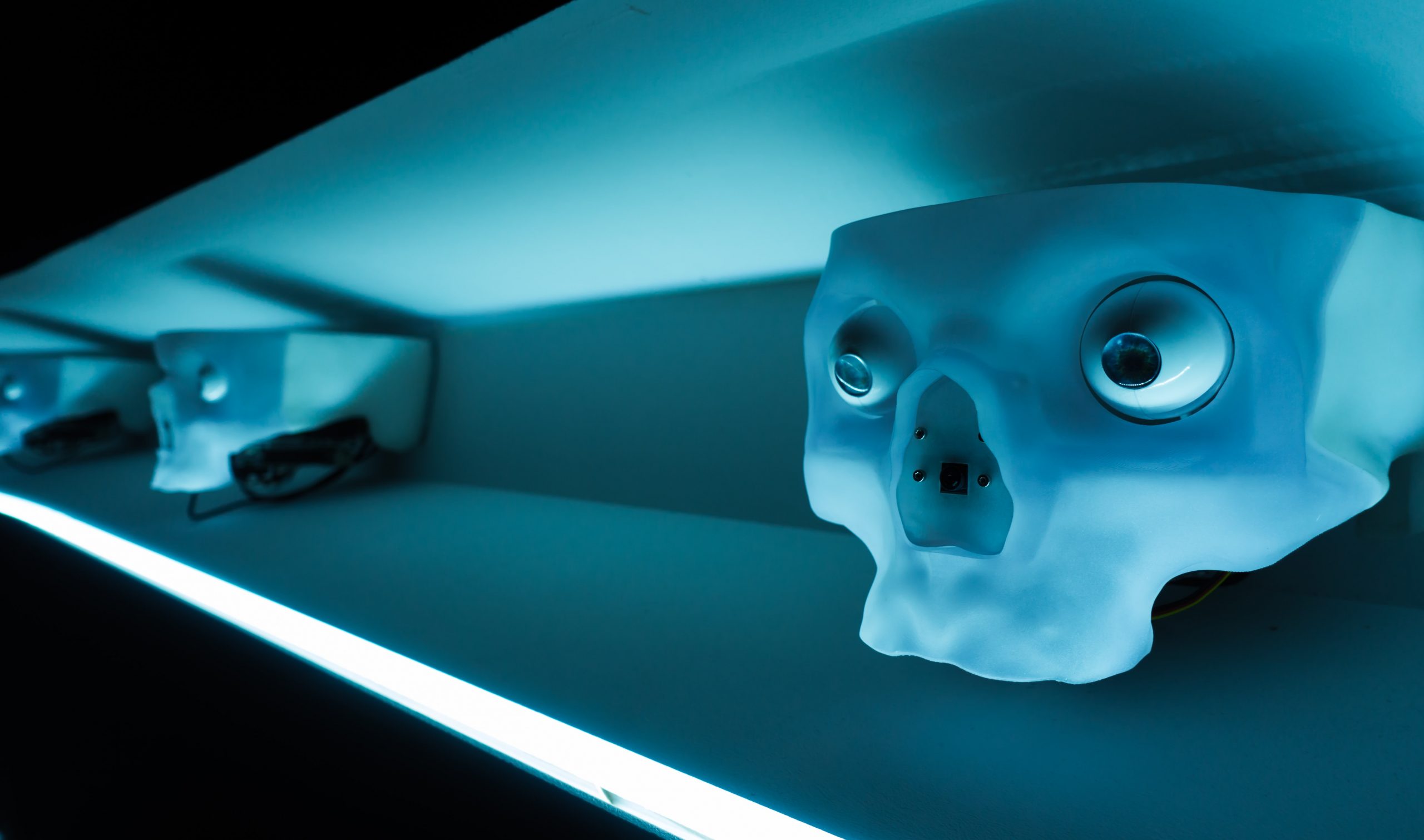Warnings:
- You need to know that the risk of reading this article is that it goes around in a circle and ends up nowhere for you, in fact leaving the message that mediocrity is ok. That would be an unintended and unfortunate outcome. As the writer, I wish to express now that mediocrity is not ok.
- Mum always told me to write simple English fit for an 11 year old kid. This is a complicated article. Sorry Mum.
Without further ado, let’s have a go.
I was born in a poor place. Calcutta then, Kolkata now. And perhaps the most tried and trusted way to get out of a poor place, is to compete. After driving through the streets of Ethiopia a few years ago, seeing swarms of kids virtually risk their lives running up to moving cars pleading for a pen so that they could learn to write, I think it’s true of many a poor place. I didn’t actually know I had to “compete” to get out of India and start a life in Australia, but my parents sure did, and had to.
So, it was in that way that I progressed through life with the understanding that competition was in fact a part of life itself. And as I learnt about evolution, I realised this to be true. True and good.
_______0100010111_______
I recently completed a course about artificial intelligence (AI) and healthcare. Wow, what a thing. My interest in technology has been rising for many years now. In fact, I’d dare to say, given I named one of my daughters after a childhood robot I came to know and trust, I reckon it’s been rising for a long time. But I’m no “techy”. More to the point, on completing my course on AI, I hoped to delve further into my futurist calling, but something unexpected happened instead. At some point, I realised that technology is stronger, faster, and more accurate than humankind already, and it will be much smarter too. So, we will actually never be able to compete on these grounds, ironically, thanks to the things we build. And the question is, should we?
My conclusion is that, in an evolutionary sense, machines will supersede humankind one day. Apologies if this sounds bleak, it doesn’t have to be.
Returning to close to where we began, evolution is somewhat synonymous with competition which is in turn synonymous with survival of the fittest. Optimisation, dominance, competition – these concepts all readily interchange. But where do they originate? It’s a survival mechanism encoded into the instructions of all living things – plants, animals, microbes. That’s it. Not more than that.
And that’s where this story for me begins. If I shed my competitive spirit, what will happen to me? Do I let my family down and take for granted all that hard work and winning spirit that brought us out of a poorer existence? Will it be seen therefore as something of a luxury to not choose to compete? Will I squander my genes? What do I teach my own children now that circumstances are a bit better?
I don’t know all the answers. But what I do know is that the moment I accepted that to compete is nothing more than a crude hardwired calling, and that the outcomes of evolution say nothing actually about leading to a “happier” state, I felt a calmness come over me.
I don’t mean at all to take any moral high ground nor promote any political agenda by subterfuge. That’d be boring. Quite the contrary, simply to save myself from aimlessness, yet still find meaning and purpose, since I am apparently so remarkably and celebratedly “conscious” as a human being.
And through the study of AI I stumbled on my chosen version of what defines humanity. Again, it’s a version, I fully accept. So here it is…
Whilst the machines we build, along with the very forces of evolution underpinning their assembly, give value to being the fastest, the strongest, the most accurate, the smartest, it’s all the other stuff that for me defines humankind. It’s the mistakes we make, our foibles, our slowness at times, this – we also are. And for that, we ought to demonstrate patience with each other. We push each other around often, as if we expect ourselves to be the fastest, most accurate and smartest. But we’re simply not. Take it easy. And all of that mounting pressure, for what – a fate calling, being played out, at a species level, competing with plants, animals, microbes, each other?
My thought borders on apathy, I admit, had it not been for one thing. I write this now at 3:58am. Whaaaat? So, I am motivated. All the same, my line of thought I accept to be dangerous. What will be our drive if not competition?
All I can say is this. Evolution is not necessarily the bee’s knees, and again, the bottom line is that competing may not necessarily make you happy. But if you can muster all the self-affirming perks of competition as they present in the form of inspiration, aspiration and gumption, yet, as a version of being human, separate yourself still from competing – slow down when you talk to people, accept that they won’t always be accurate, that they’ll falter, they’ll have weaknesses, they won’t always be the most “intelligent”, that they’ll accidentally or callously cut you off on the road. And not just accept this, but celebrate it (that’s ambitious I know with Sunday drivers!) – then you will feel a sense of peace come over you. Let it make you smile. Let it make you more likely to help the poor, uneducated, disabled, elderly and infirm. Embrace those crazy adolescents and pacify your road rage. Let it make you more human, in this sense/version. And in return, if practised fully, you will feel that divide between subject and object dissolve, and yesterday’s gripes will help you, today. For in your silent taming of your evolutionary drive, you will smile and you will become more patient, tolerant and non-judgemental – all, at once.
End note – I thank my esteemed colleague Dr Hardik Solanki who, whilst musing about the above content, pointed out that Wikipedia is a free resource, created in a spirit beyond competition. Which, did make me smile.
In trying our best, we in fact succeed
– Dr Floyd Gomes


